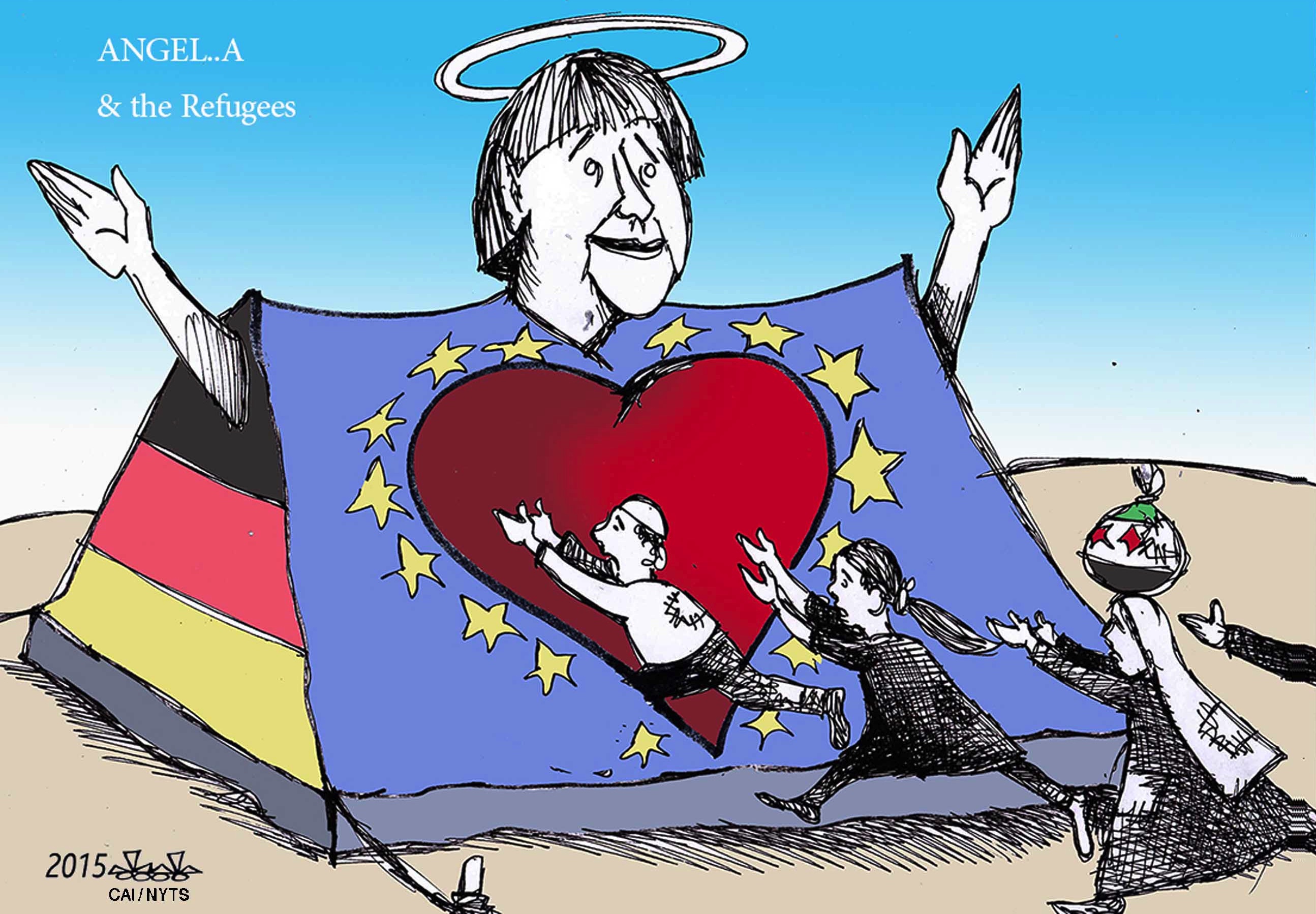"Europe's biggest migration emergency since the World War II" — that's how most British newspapers described the massive influx of Syrian refugees last week. The accompanying stories criticized the callous response of political classes in the U.K. and Eastern Europe. Even sensationalist British tabloids that had previously blurred the distinction between economic immigrants and refugees fleeing war and persecution took up the self-righteous cry.
In addition to its hypocrisy, the headline is notable for its sheer historical illiteracy. The world's greatest refugee crisis, of course, predated World War II and extended well beyond 1945. Its most visible victims were hundreds of thousands of Jews, who faced vicious anti-Semitism in Eastern Europe long after the discovery of Nazi concentration camps. But the overwhelming majority of refugees after 1945 were Germans booted out of Eastern Europe.
In what may be the most underreported tragedy of the 20th century, an estimated 12 to 14 million Germans lost their homes in Germany's former eastern areas and the Sudetenland after the war. (A similar number of Hindus and Muslims were uprooted by the 1947 partition of British India, in what's more often claimed as the world's biggest forced migration.) Vengeful atrocities against German civilians were committed in Eastern Europe, especially Hungary, where a 1920 law stigmatized Jews as a separate race.


















With your current subscription plan you can comment on stories. However, before writing your first comment, please create a display name in the Profile section of your subscriber account page.